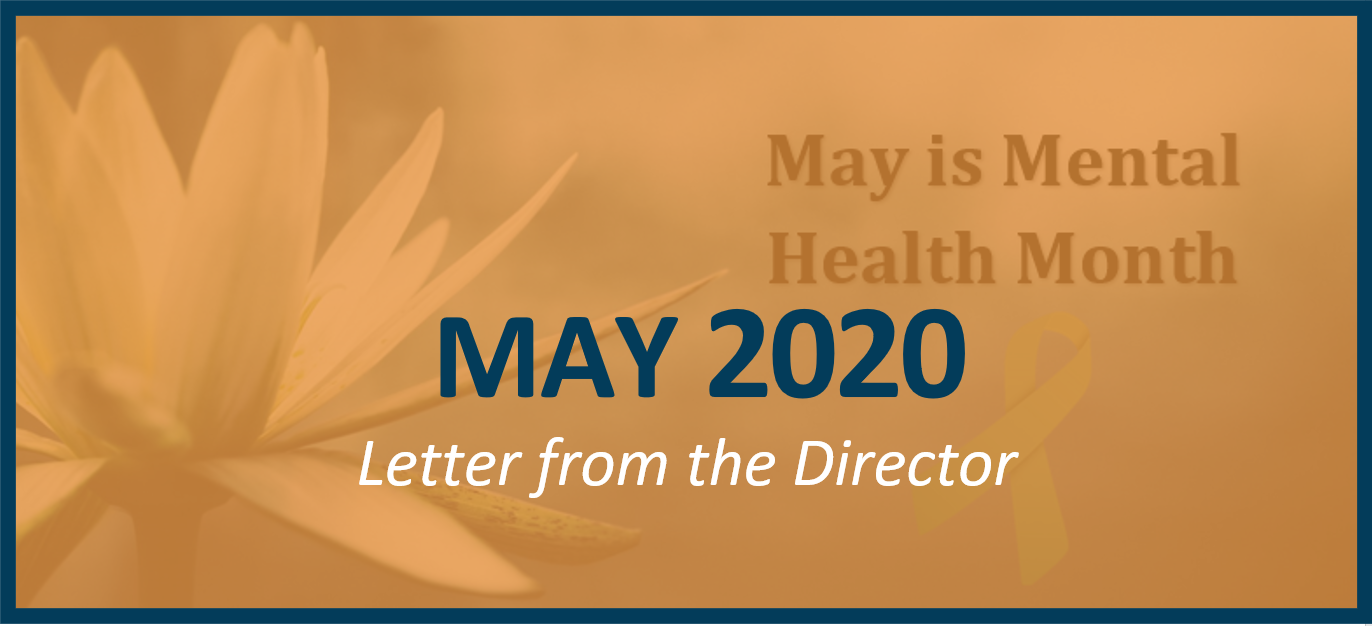May is Mental Health Awareness Month and this year it’s more important than ever. Disease outbreaks can put individuals and communities under a great deal of stress; the COVID-19 pandemic is a good example. The Centers for Disease Control and Prevention explain that those at a higher risk for severe illness during this pandemic are more likely to experience stress and may have a higher risk for mental illness, such as depression, as a result of their underlying chronic conditions.
Obesity is one such chronic condition. A meta-analysis studying overweight, obesity, and depression found that those with obesity have greater odds of developing depression and those with depression have greater odds of developing obesity. Additionally, both obesity and experiences of weight-based discrimination are associated with anxiety and mood disorders. Many people with severe mental illness also experience obesity, but treating both diseases together can be challenging because many psychiatric drugs can cause weight gain.
For people experiencing obesity, mental illness, or both, quarantine poses numerous challenges, including a disturbance of daily routines, social isolation, emotional stress, and difficulty accessing medications and health care. Dealing with a global pandemic leaves many feeling significant psychological distress and it is possible that post-traumatic stress disorder rates will increase in the wake of COVID-19, especially among healthcare workers.
The Obesity Action Coalition recently hosted an online event addressing physical and mental health during self-isolation. Participants discussed issues like maintaining physical activity during quarantine, managing stress eating, and feeling frustrated by COVID-19 weight gain memes. Their conclusions? Be kind to yourself and remain hopeful. Kara Richardson Whitely, a Novo Nordisk Patient Advocate shared, “There are so many mountains to climb down the road…these mountains have been here for generations, centuries upon centuries before all this happened and they will be here when this is all through…No matter what your goals are…they will still be there when you emerge from all of this.”
Even during this time of added pressure due to the pandemic, individuals dealing with obesity during COVID-19 should continue to seek support and medical treatment when needed. Telemedicine can be an effective way to receive obesity care, as well as mental healthcare. For those suffering emotional distress from COVID-19, the Substance Abuse and Mental Health Services Administration is offering a disaster distress helpline. As always, those experiencing symptoms of severe illness, whether mental or physical, should seek help immediately.



